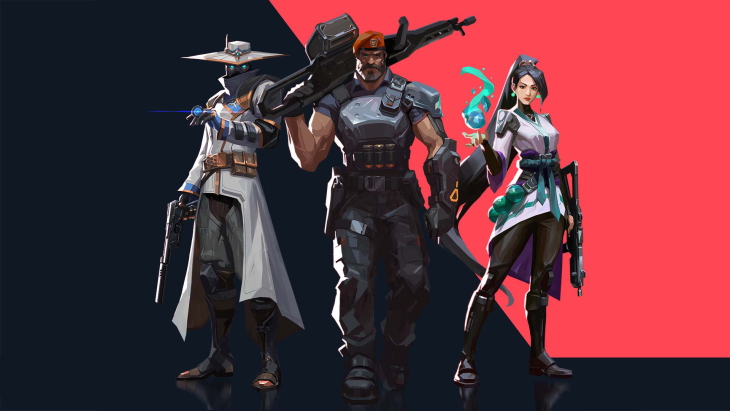
Riot Games’ Senior Software Engineer has stated that they will be granting players more control over Valorant’s kernel-based anti-cheat software.
In our prior coverage, Riot Games came under fire for their kernel-based anti-cheat software- dubbed Vanguard. In short, a kernel-based software would be able to detect cheating software operating in any part of the computer.
However, it could also hypothetically give Riot Games the ability to spy on user’s systems. Other concerns raised included how the system could be vulnerable to crashing computers, buffer overflow, and granting hackers access to the entire computer system (should work-arounds be created).
Now, Riot Games’ Senior Software Engineer specializing in game security Nemanja Mulasmajic [1, 2], has spoken about changes coming to the Vanguard system. Speaking on r/Valorant, “0xNemi” would grant users more control.
“While we normally don’t plan on documenting changes to Vanguard, our Anti-Cheat system for VALORANT, on a frequent basis, this new update to Vanguard adds a new visual component that will give you, the player, more visibility and control over it. This post serves to provide some context.
Starting today, Vanguard will start showing a system tray icon (after a reboot) while it’s running. From there, you’ll be able to turn off Vanguard at any time. Turning off Vanguard puts your machine in an untrusted mode and will prevent you from playing VALORANT until you reboot. If you want to keep Vanguard off indefinitely until you play VALORANT (e.g. persisting across multiple reboot sessions), you’ll be able to do so more easily now by uninstalling it from the handy dandy system tray. Vanguard will automatically be reinstalled when you launch VALORANT. If you dislike the new system tray icon, you’ll be able to disable (or re-enable) it at any time by going into your Windows Notification Area.
Vanguard may block certain incompatible or vulnerable software from running on your machine. If this happens, you’ll see a notification like this pop up. Clicking on the notification will give you more information on what exactly was blocked. You’re able to opt-out of this at any time by following the instructions in the previous paragraph.”
In the subsequent Q & A section, Mulasmajic explains that Riot Games are attempting minimize the software blocked by Vanguard. Though software that is blocked “9 times out of 10 […] has a known vulnerability or is being exploited in the wild. Cheaters (and malware) typically use vulnerable drivers to load their code in the kernel and attack the operating system.”
In addition, Mulasmajic states that Riot Games are also ensuring Vanguard is compatible, and does not disrupt other programs on the computer. Mulasmajic also answered why Riot Games were making so much effort if cheaters already exist.
“The purpose of Vanguard is to make it difficult for all but the most determined to cheat, while also giving us the best chance to detect the cheats that do work. We’re not going to be able to prevent all cheating completely, but our intention is to raise the barrier to entry so that cheating isn’t a common occurrence in VALORANT.
Our most recent set of changes help increase the bar that cheaters need to operate in.
For those that are willing to solder a computer part from Siberia to cheat, we’re still going to be able to remove them from our ecosystem by leveraging other game systems.”
Mulasmajic also re-iterated Riot Games’ earlier statement, regarding the concerns users had over the system’s security.
“Both the client and the driver of Riot Vanguard have been developed in-house, with both game safety and personal computer safety being a priority. We’ve made this commitment through extensive testing and by reviewing the product both internally and with external security reviews by industry experts.
Our commitment to safety includes our commitment to your privacy. Riot Vanguard was made with Riot Games’ dedication to data privacy specifically in mind, and we worked with our legal and compliance teams to ensure it adheres to regional data privacy laws. Specifics on what data we use and collect are available here.”
Mulasmajic then quips at the end of that segment “So, no, we’re not selling your data to China.”
Valorant is in closed beta on Windows PC (via the official website).
Image: Valorant official website